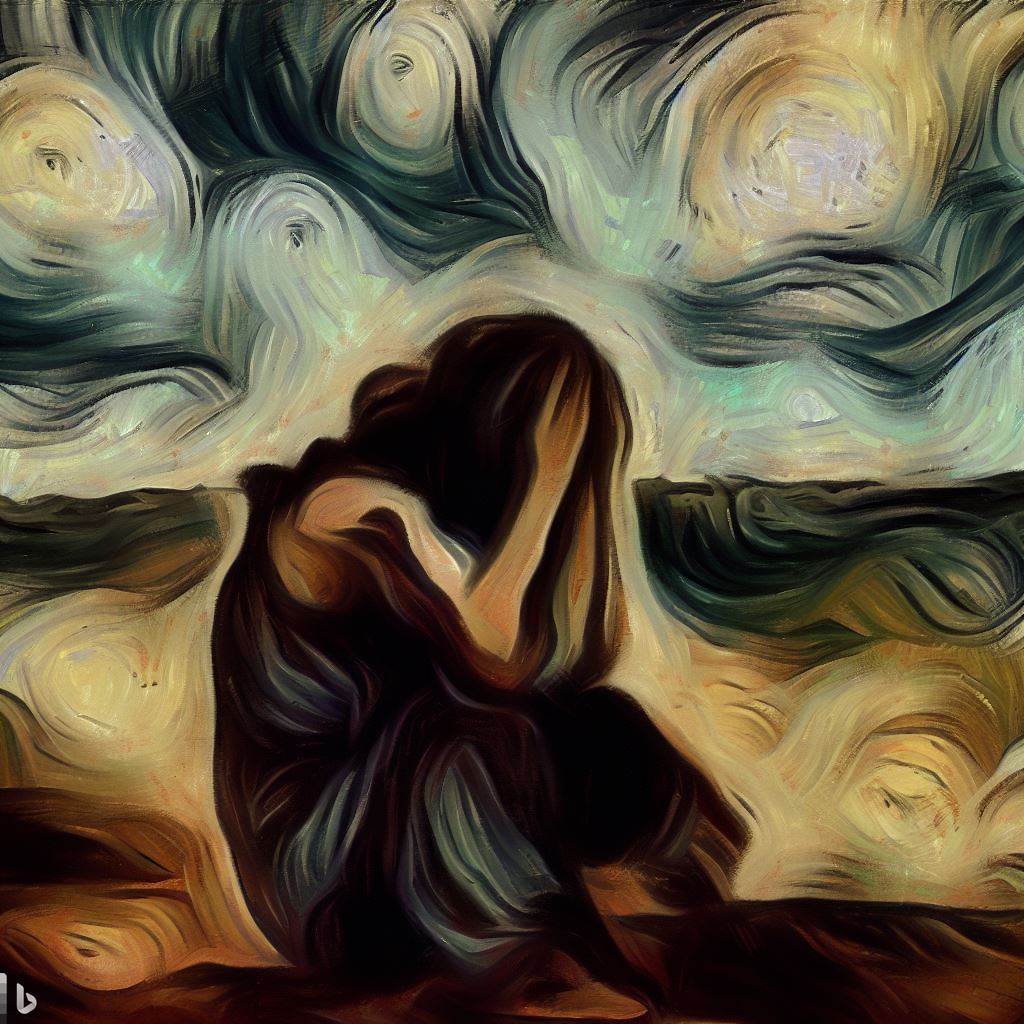The Troubling Nexus of Daytime TV, Medicine, and Ethics: A Deep Dive
In today’s fast-paced world, daytime television serves as a backdrop for many of our daily routines, providing a blend of entertainment, news, and sometimes controversial discussions. One particularly alarming theme that has emerged on some of these programs is the unsettling relationship between medical professionals, the pharmaceutical industry, and the legal system.
The Worship of Medical Authority
Within the realm of daytime TV, doctors often emerge as revered figures, celebrated for their expertise and hailed as trustworthy sources of information. While it’s crucial to respect and value medical professionals for their contributions to our health, it’s also essential to exercise a healthy degree of skepticism. The adulation of physicians can sometimes lead to blind trust, which may inadvertently encourage complacency about questioning medical advice or treatment options.
The dangers of this fervent praise become evident when these trusted figures align themselves with pharmaceutical companies, blurring the lines between patient well-being and profit motives. As a result, viewers may find themselves swayed by persuasive marketing masquerading as genuine medical recommendations.
The Role of Pharmaceutical Companies
Pharmaceutical companies play a significant role in shaping our understanding of health. Their advertisements, often prominently featured in daytime programming, cleverly target audiences often seeking guidance on medical issues. While these companies undoubtedly contribute to scientific advancements, they also come under scrutiny for prioritizing profit over patient care. The ethical implications of their influence in the media raise important questions about transparency and accountability.
Legal Safeguards Against Falsehoods
Amidst this intricate web of medical authority and corporate interest, there exists a critical player: the legal professional. Lawyers dedicated to health-related advocacy serve as essential watchdogs, holding both medical practitioners and pharmaceutical companies accountable. When misinformation spreads—whether through misleading medical advice or exaggerated pharmaceutical claims—lawyers work tirelessly to ensure that justice prevails, protecting the rights of patients who may be misled.
Conclusion
The interconnectedness of daytime television, medical expertise, pharmaceutical advertising, and legal advocacy paints a complex picture of modern healthcare. As consumers of media and recipients of medical advice, it is our responsibility to approach these subjects with a discerning eye. By remaining informed and questioning the status quo, we can better navigate the intricacies of our health in an era where trust and verification are paramount.
Stay tuned for more insights into the world of health, ethics, and the powerful forces that shape our perceptions—a dynamic that deserves our attention and critical analysis



